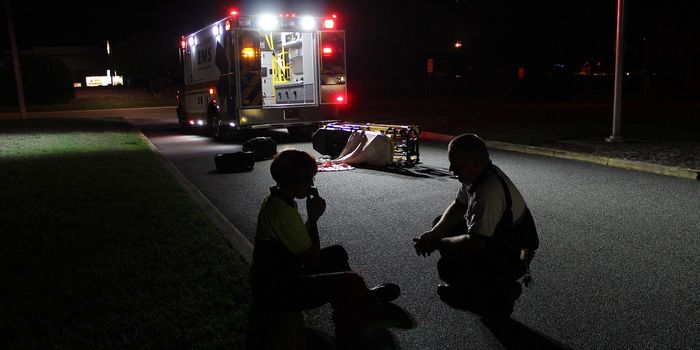Minimal ADHD Risk Associated With Prenatal Cannabis Exposure
A review published in the American Journal of Obstetrics and Gynecology found a slight increase in the risk of Attention Deficit Hyperactivity Disorder (ADHD) associated with prenatal cannabis exposure. The study assessed the potential health threats posed by prenatal exposure to the psychoactive cannabis compound called tetrahydrocannabinol (THC).
The comprehensive systematic review and meta-analysis included approximately 534,445 participants from observational studies. The researchers conducted 18 observational studies, with 17 included in the quantitative analysis following the Preferred Reporting Items for Systematic Reviews and Meta-Analyses (PRISMA) and Meta-analysis of Observational Studies in Epidemiology (MOOSE) guidelines. The review compared neuropsychiatric outcomes in offspring with and without prenatal cannabis exposure. The review focused on conditions such as anxiety, depression, psychotic disorders, substance disorders, ADHD, and Autism Spectrum Disorder. The data represented studies from the 1980s to the early 2000s and included sources from multiple countries.
The findings revealed no significant association between prenatal cannabis exposure and an increased risk of autism spectrum disorder (ASD), psychotic symptoms, anxiety, or depression in offspring. Study author Dr. Ilan Matok explained the findings point to a slight increase in the risk of ADHD but did not suggest a heightened risk for other disorders: “These findings suggest that while prenatal cannabis exposure does not appear to significantly increase the risk for many neuropsychiatric disorders, there is still a mild increase in the risk for ADHD and a greater likelihood of cannabis use in the offspring.” Matok emphasized that the findings do not confirm the safety of cannabis consumption during pregnancy, and healthcare providers should continue to caution pregnant women.
More research is critical to determine the risks and benefits associated with contemporary cannabis products that include higher THC potency levels and different cannabinoid formulations.
Sources: American Journal of Obstetrics and Gynecology, Eureka News Alert








